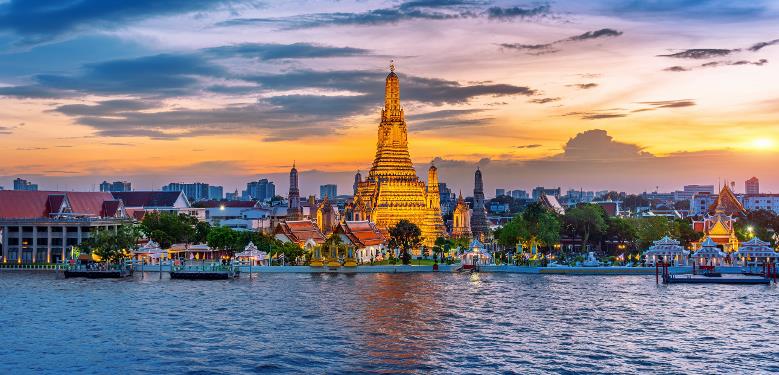
The trafficking of Chinese actor Xing Wang, along with subsequent reports of Chinese individuals going missing and being kidnapped in Thailand, has had a significant impact on tourism to the country.
Thai tourism association ATTA estimates that the number of Chinese tourists could decrease by 10% to 20% during the upcoming Spring Festival holiday.
As public sentiment continues to escalate, this situation is likely to worsen further.
Overall, Chinese tourists traveling to Thailand are primarily family independent travelers.
Compared to individual business travelers, family tourists, who travel in groups with elderly members and children, are naturally more sensitive to negative reports about local safety.
Unlike Western tourists who typically fly directly to resort destinations like Phuket or Koh Samui and stay in all-inclusive resorts, Chinese tourists are more likely to fly to Bangkok to experience cultural attractions such as the Grand Palace.
However, Bangkok, with its bustling and diverse crowds, presents more safety concerns compared to resort areas.
Over the past 20 years, Thailand has been a popular destination for many Chinese tourists on their first international trips,thanks to its lenient visa policies, affordable flight and hotel prices, and proximity.
These "first-time international travelers" often lack experience in handling unexpected situations, making them particularly sensitive to any signs of trouble. This heightened sensitivity is certainly detrimental to Thailand's tourism industry.




